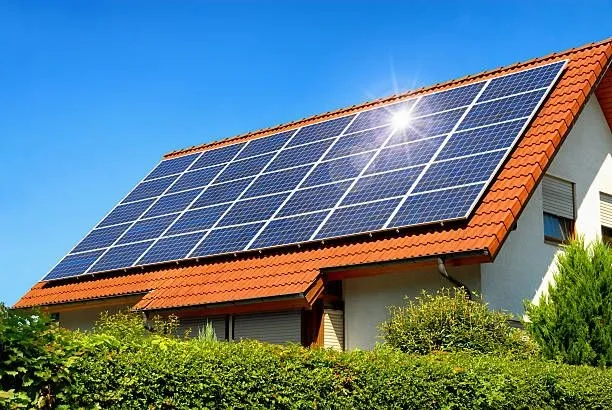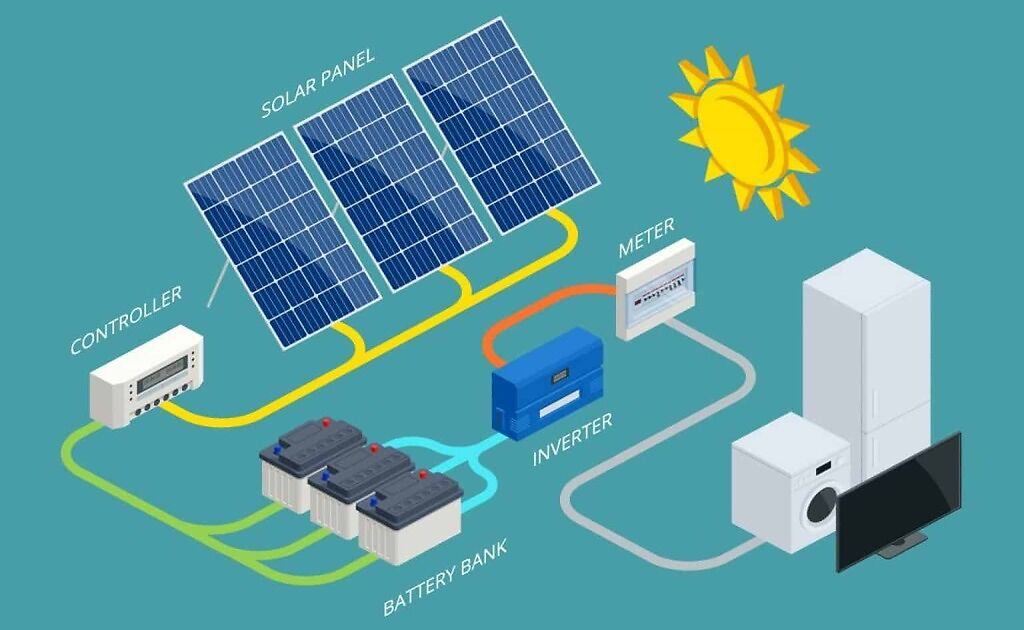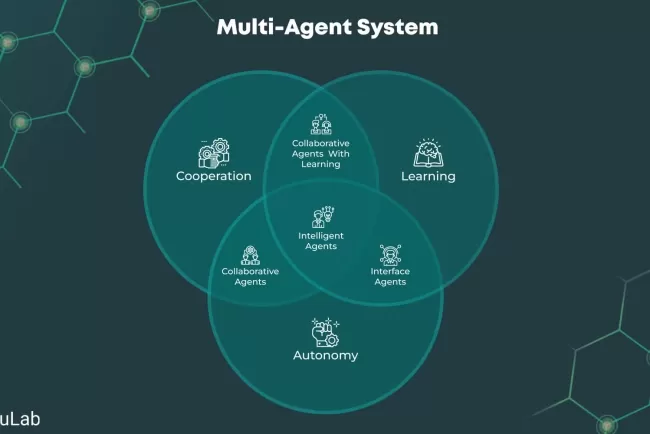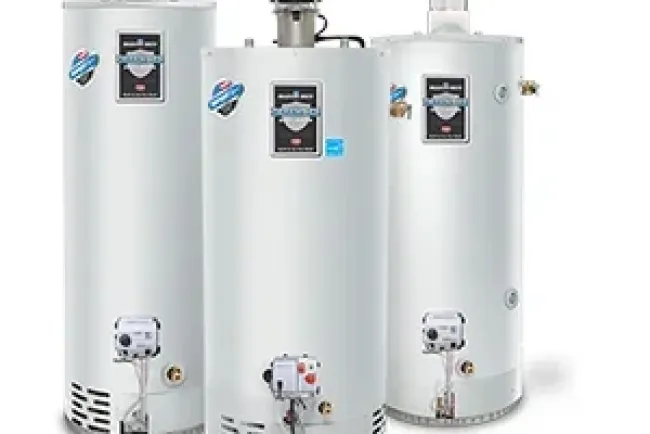Harnessing Solar Energy: A Path to Sustainable Power...!!!
Solar energy is one of the most plentiful and sustainable energy sources available. By harnessing the power of the sun, it generates electricity, heat, and even fuels, presenting a clean and renewable alternative to traditional fossil fuels.

Solar energy is one of the most plentiful and sustainable energy sources available. By harnessing the power of the sun, it generates electricity, heat, and even fuels, presenting a clean and renewable alternative to traditional fossil fuels. The applications of solar energy are varied and continue to grow as technology progresses.
Residential Applications
Solar Photovoltaic (PV) Systems:
-
Description: Solar PV systems convert sunlight directly into electricity using solar panels, usually installed on rooftops or in open spaces.
-
Uses: Homeowners use these systems to generate electricity for household needs, reducing reliance on the grid and lowering electricity bills. Excess electricity can be stored in batteries or fed back into the grid, often earning credits through net metering programs.
Solar Water Heaters:
-
Description: Solar water heaters use solar collectors to capture sunlight and heat water, which is then stored in a tank for household use.
-
Uses: These heaters provide hot water for activities like bathing, cooking, and cleaning, significantly reducing the energy consumption associated with conventional water heating methods.
Solar Lighting:
-
Description: Solar lighting systems use small solar panels to charge batteries during the day, which then power LED lights at night.
-
Uses: Commonly used for outdoor applications like garden lights, pathway lights, and streetlights, solar lighting offers a cost-effective and eco-friendly solution, especially in remote or off-grid areas.

Commercial and Industrial Applications
Commercial Solar PV Systems:
-
Description: Similar to residential PV systems, commercial solar PV systems are designed to meet the energy needs of businesses and industrial facilities.
-
Uses: Businesses and industries use these systems to generate electricity for operations, reducing energy costs and enhancing sustainability. Large solar installations can also power machinery, lighting, and HVAC systems.
Solar-Powered Desalination:
-
Description: Solar desalination uses solar energy to convert seawater into fresh water through distillation and reverse osmosis processes.
-
Uses: This method addresses water scarcity issues in arid regions and coastal areas, providing a sustainable solution for producing potable water without conventional energy sources.
Solar Process Heating:
-
Description: Solar process heating systems capture and transfer heat for industrial processes.
-
Uses: Used for applications like drying, curing, and pasteurization in industries, these systems reduce the need for fossil fuels and lower greenhouse gas emissions.
Agricultural Applications
Solar-Powered Irrigation:
-
Description: Solar-powered irrigation systems use solar panels to generate electricity for pumping water to fields.
-
Uses: Farmers use these systems to efficiently water crops, particularly in areas with limited access to the electrical grid, promoting sustainable agriculture and reducing dependency on diesel-powered pumps.
Solar Greenhouses:
-
Description: Designed to maximize natural sunlight for plant growth, solar greenhouses may also incorporate solar panels to generate electricity for heating and ventilation.
-
Uses: Solar greenhouses create an optimal growing environment for crops, extending the growing season and increasing yield, especially in regions with harsh climates.
Transportation Applications
Solar-Powered Vehicles:
-
Description: Solar-powered vehicles use solar panels to convert sunlight into electricity, which powers an electric motor.
-
Uses: These vehicles, including cars, boats, and aircraft, offer a sustainable alternative to conventional transportation, reducing greenhouse gas emissions and dependence on fossil fuels.
What's Your Reaction?

















